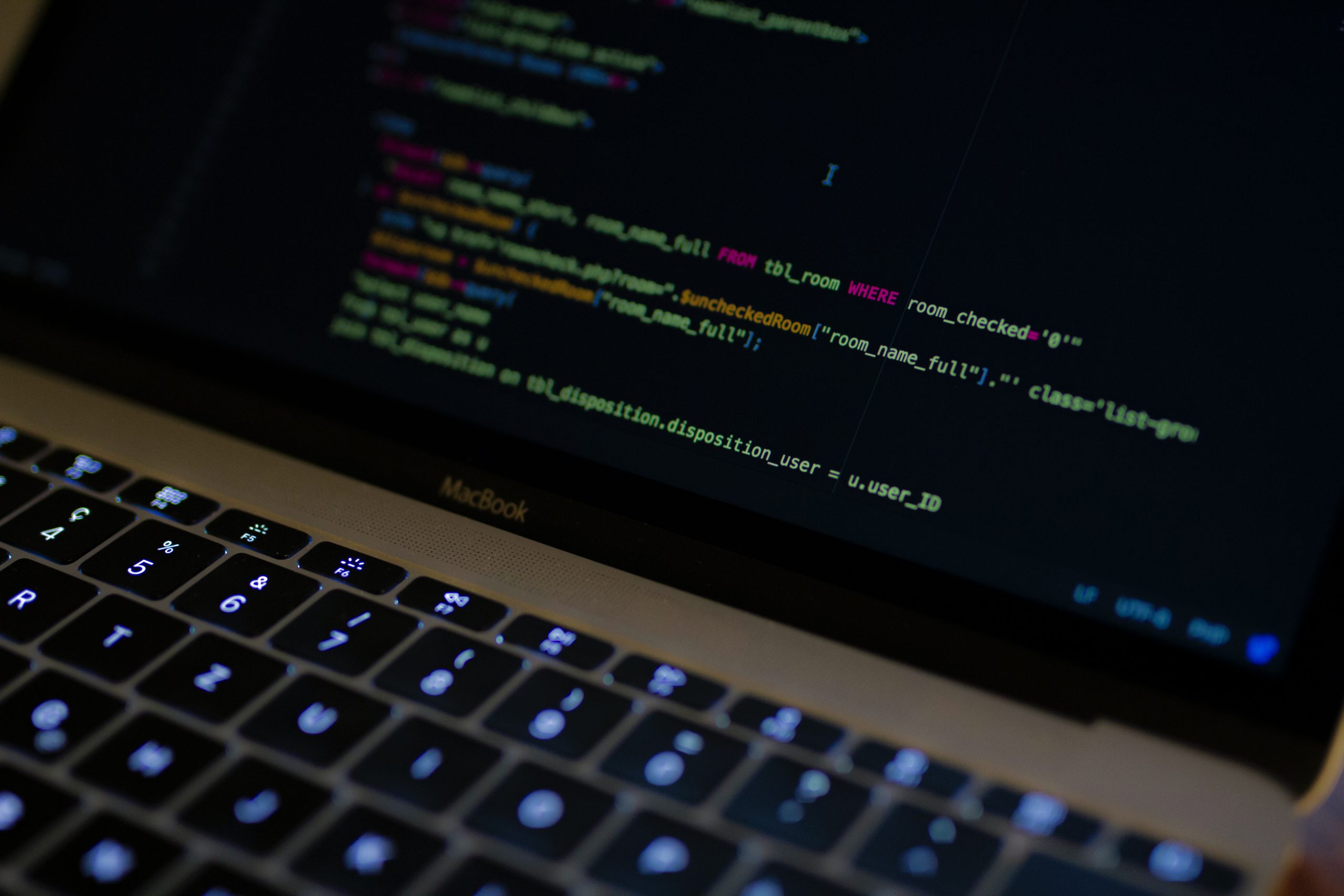The world today is recovering from the devastating impact of the coronavirus, and the economy looks like it’s ready to pick itself up as the new year rolls in, the pandemic proves the importance of addressing healthcare challenges in the medical industry. As hospitals continue to see a rise of covid cases, it doesn’t help that healthcare-associated infections are still at an all-time high.
These harmful bacteria often travel from medical tools and invasive devices like catheters, ventilators, and more, making it a global and public health concern. Healthcare professionals strive to control the spread by integrating a clinical surveillance system to track the spread of diseases, but doing so manually can be labor-intensive and inefficient.
The Role of Automation and AI in Strengthening the Clinical Surveillance Systems in Hospitals
Assigning the medical staff to manually flag at-risk patients can be time-consuming, but it can also be ineffective since the data analysis on covid-positive patients and their tendency to transmit the virus is too slow.
But the ongoing pandemic encourages the healthcare industry to improve its strategy sooner than later, which is where automation and artificial intelligence comes into play. These technological advancements are revolutionizing different aspects of the economy, and now it has the pivotal role to create predictions on at-risk patients.
Opening Up Possibilities Using AI
By using artificial intelligence, it can aid medical professionals in understanding and assessing the risks. Automating data collection can fast-track the process and allow experts to have quicker and more accurate access to measure the problem, making it easier to establish an effective prevention program to curb the spread of infections.
AI also analyzes data on the go and encompasses admission notes, surgical protocols, inventory management, and all other sectors that are vulnerable to healthcare-associated infections.
This improvement in the hospital’s infection control can deliver results and actionable solutions at a faster rate. When it comes to infection outbreaks, time is of the essence, so saving hours of data collection and analysis can do wonders for implementing interventions that can mitigate this problem.
While AI is not the end-all-be-all solution that can truly eliminate human error, it can substantially improve the hospital’s ability to provide quality care to patients.
The Bottom Line: How Automation and Artificial Intelligence are Revolutionizing the Healthcare Industry
Using artificial intelligence to improve the medical industry’s healthcare-associated infection shows plenty of potentials, and while it still needs further research, it can still help ease the workload and boost the staff’s ability to stay on top of managing risk factors in the hospital.
Why Read Healthcare News Sources with Us?
Keeping track of future projections and trends in the healthcare industry ensures you’re on top of your health – from updates on the latest technology to the growing demand for different payment methods.
Check out more medical blogs at Dose of Healthcare, where you can stay in the loop on the best information on health news today.


















